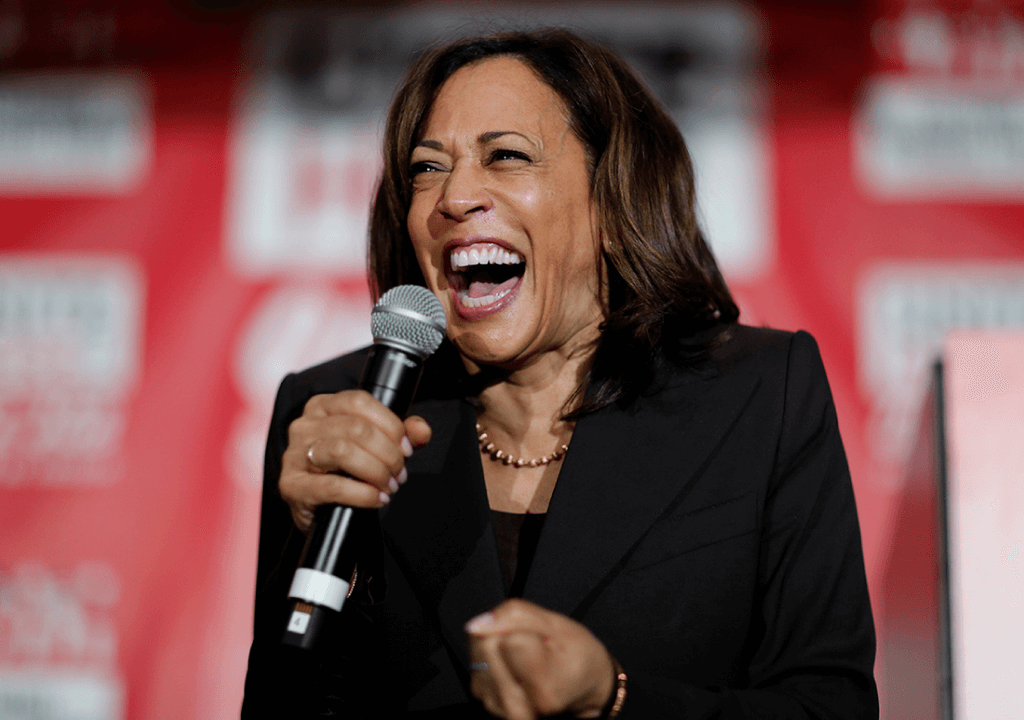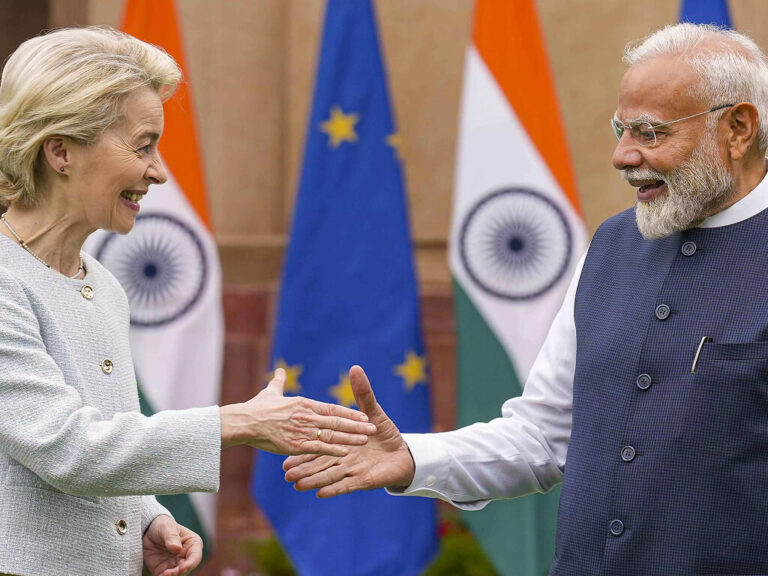Israel’s war on Gaza shows no signs of ending soon, and countries around the world seem unwilling to intervene. The only country outside of Israel with the capacity to meaningfully intervene is the United States. Despite being the world’s most powerful country, capable of diplomatic and military operations anywhere, the U.S. appears constrained in acting against Israel’s will, a nation it holds dear. With a sizable Jewish and Muslim population – both of whom are divided over the Israel-Gaza conflict – the U.S. presidential election is also expected to be influenced by the situation. In response to growing negative sentiment and campus protests in solidarity with Palestine, the U.S., along with its Arab allies, has attempted to broker a ceasefire and develop a solution, but these efforts have not succeeded. With Biden stepping away from the presidential race, the U.S. now awaits the upcoming contest between hard-right Republican Trump and left-leaning Democrat Kamala Harris to see how future intervention in the Israel-Gaza conflict will unfold.
While both candidates follow core U.S. policies in the Middle East, their approaches to resolving the conflict differ. Kamala Harris has not outlined detailed plans but remains firmly committed to Israel, continuing the U.S.’s long standing support for the nation. She reaffirmed her backing of Israel, emphasizing the need to secure the release of hostages, while advocating for a two-state solution to provide both Palestinian sovereignty and security, which conventionally the US does not endorse.
Harris advocates for a ceasefire, conditioned on Hamas releasing the hostages taken during the October 7 attack and the withdrawal of Israeli forces from Gaza. She was among the first Western leaders to call for a ceasefire in early March and has been more outspoken than President Biden regarding the humanitarian crisis caused by Israel’s military actions in Gaza. However, she has yet to make progress in advancing negotiations on this issue. Despite her reported disagreements with Prime Minister Netanyahu over his handling of the war, she has not proposed any actions that would directly affect his government. Notably, she skipped Netanyahu’s speech to Congress in July but met with him privately during his visit to Washington. Harris’s positions can appear inconsistent or impractical, raising questions about the feasibility of her approach.
Donald Trump, the former president, has clearly stated his position on the Israel-Gaza conflict and claims to have a resolution plan. He has pledged to resolve the issue quickly if re-elected. However, he has not provided specifics on how he would negotiate with Israeli Prime Minister Benjamin Netanyahu and Hamas to achieve a ceasefire and secure the release of Israeli hostages held in Gaza.
Trump has consistently supported Israel’s war on Gaza, urging the country to conclude the conflict swiftly due to diminishing international support. Although he was initially critical of Netanyahu and Israeli intelligence for being unprepared for the Oct. 7 attack, he quickly retracted those comments and reaffirmed his strong alliance with Netanyahu, with whom he had a close relationship during his presidency. During his time in office, Trump released a peace proposal he called a blueprint for a two-state solution. However, this plan did not propose a fully autonomous Palestinian state and was perceived as heavily favoring Israel. Trump’s administration strongly backed Netanyahu’s government and endorsed hard-liner Israeli policies previously rejected by the U.S. His presidency also saw a significant warming of relations between Israel and several Arab countries, highlighting his skills as a negotiator and businessman.
Criticism of the current U.S. government’s actions is likely to target Kamala Harris, as American activists have reported on the ongoing casualties from the war. Traditionally, Muslim and Arab voters lean toward the Democratic Party, but dissatisfaction with the current administration’s handling of the situation and its stance on Israel has caused frustration. Additionally, many liberals and anti-war advocates within the Democratic base are unhappy with the government’s response. While Trump is unlikely to gain favor from these groups due to his pro-Israel stance, many believe he might be able to end the conflict with his negotiation and problem-solving skills, which previously helped improve relations between Arabs and Israelis during his tenure. A ceasefire before the election seems unlikely, as the outgoing president, who is not running for re-election, would not gain any political advantage from such a deal.








